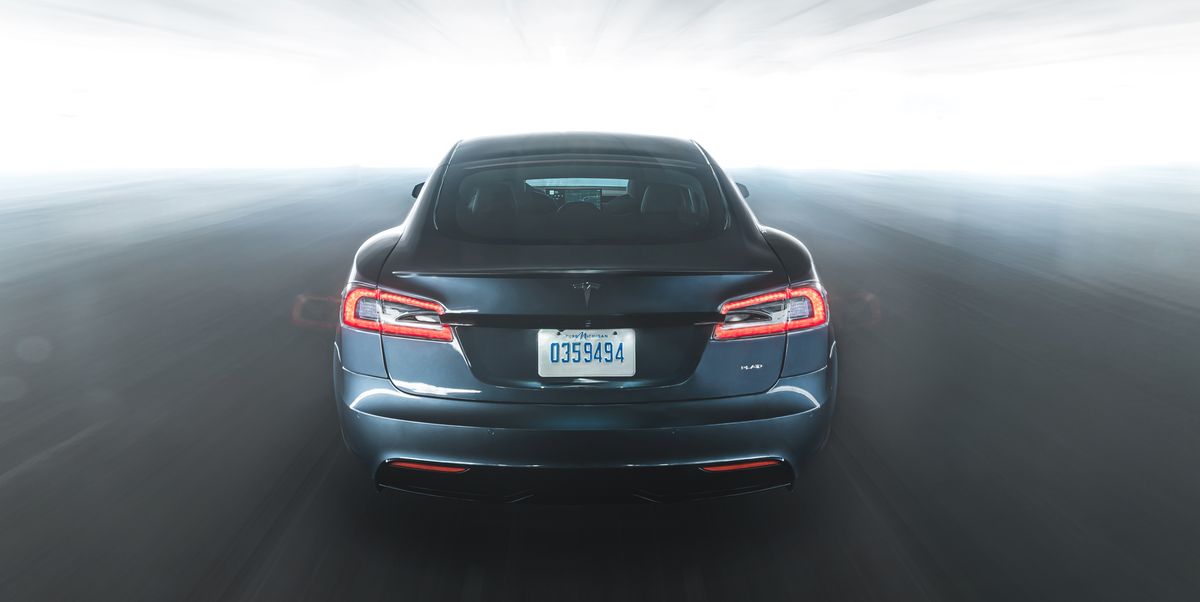Viktor
Diamond Member
The Main Problems That Electric Car Owners Face
>
The main problems include risks of fire, and that EVs are not safe. There is the case of too much high-tech wizardry, charger compatibility, vehicle costs, and financing of charging stations, just to name a few.
It is obvious the EV technology has a long way to go to be a viable replacement for gasoline and diesel vehicles.
>
The main problems include risks of fire, and that EVs are not safe. There is the case of too much high-tech wizardry, charger compatibility, vehicle costs, and financing of charging stations, just to name a few.
It is obvious the EV technology has a long way to go to be a viable replacement for gasoline and diesel vehicles.
